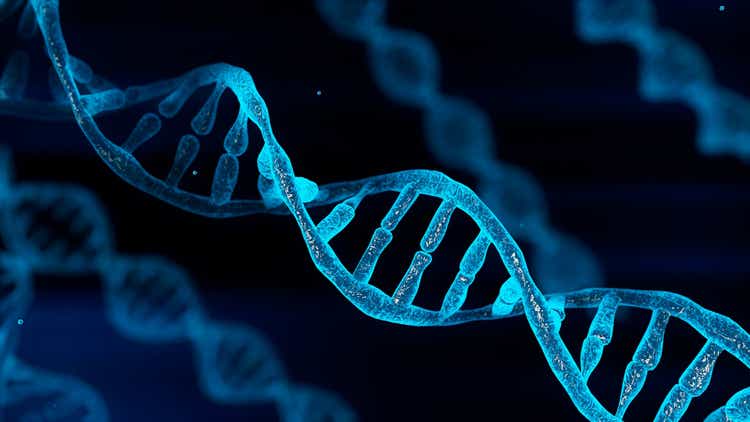This article was written by
Richard Durant is the leader of Narweena, an asset manager focused on finding market dislocations that are the result of a poor understanding of a businesses long-term prospects. Narweena believes that excess risk adjusted returns can be achieved by identifying businesses with secular growth opportunities in markets with barriers to entry. Narweena’s research process is focused on company and industry fundamentals with the goal of uncovering unique insights. Narweena has a high risk appetite and a long-term horizon, in pursuit of stocks that are deeply undervalued. Coverage tilts towards smaller cap stocks and markets where competitive advantages are not obvious.Investments are driven by a belief that an aging population with low population growth and stagnating productivity growth will create a different opportunity set to what has worked in the past. Many industries are likely to face stagnation or secular decline, which counter-intuitively may improve business performance if competition decreases. Conversely, other businesses are likely to face rising costs and diseconomies of scale. In addition, economies are becoming increasingly dominated by asset light businesses, and the need for infrastructure investments is declining over time. As a result, a large pool of capital is chasing a limited set of investment opportunities, which is driving up asset prices and compressing risk premia over time.Durant has undergraduate degrees in engineering and finance from the University of Adelaide (Honors) and an MBA from Nanyang Technological University (Dean’s Honors List). He has also passed the CFA exams.
Analyst’s Disclosure:I/we have a beneficial long position in the shares of TWST, GH either through stock ownership, options, or other derivatives. I wrote this article myself, and it expresses my own opinions. I am not receiving compensation for it (other than from Seeking Alpha). I have no business relationship with any company whose stock is mentioned in this article.
Seeking Alpha's Disclosure: Past performance is no guarantee of future results. No recommendation or advice is being given as to whether any investment is suitable for a particular investor. Any views or opinions expressed above may not reflect those of Seeking Alpha as a whole. Seeking Alpha is not a licensed securities dealer, broker or US investment adviser or investment bank. Our analysts are third party authors that include both professional investors and individual investors who may not be licensed or certified by any institute or regulatory body.
